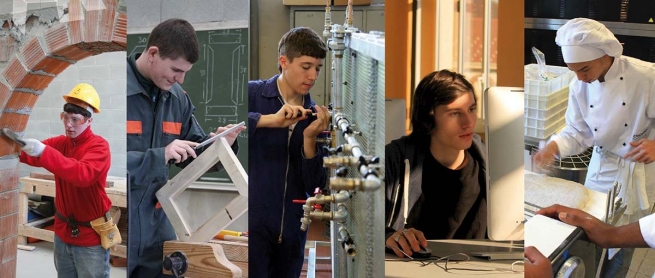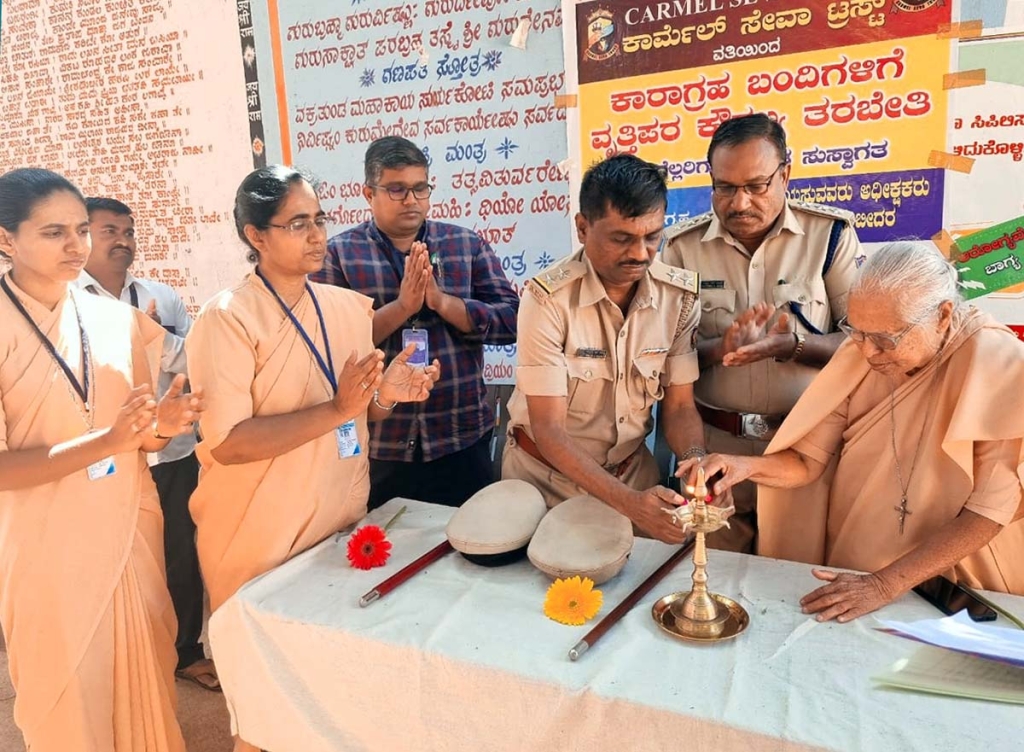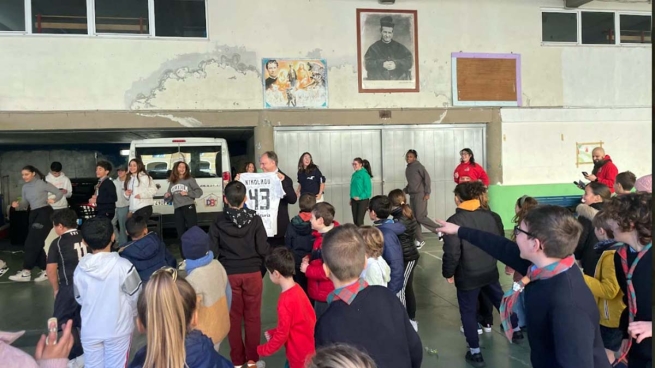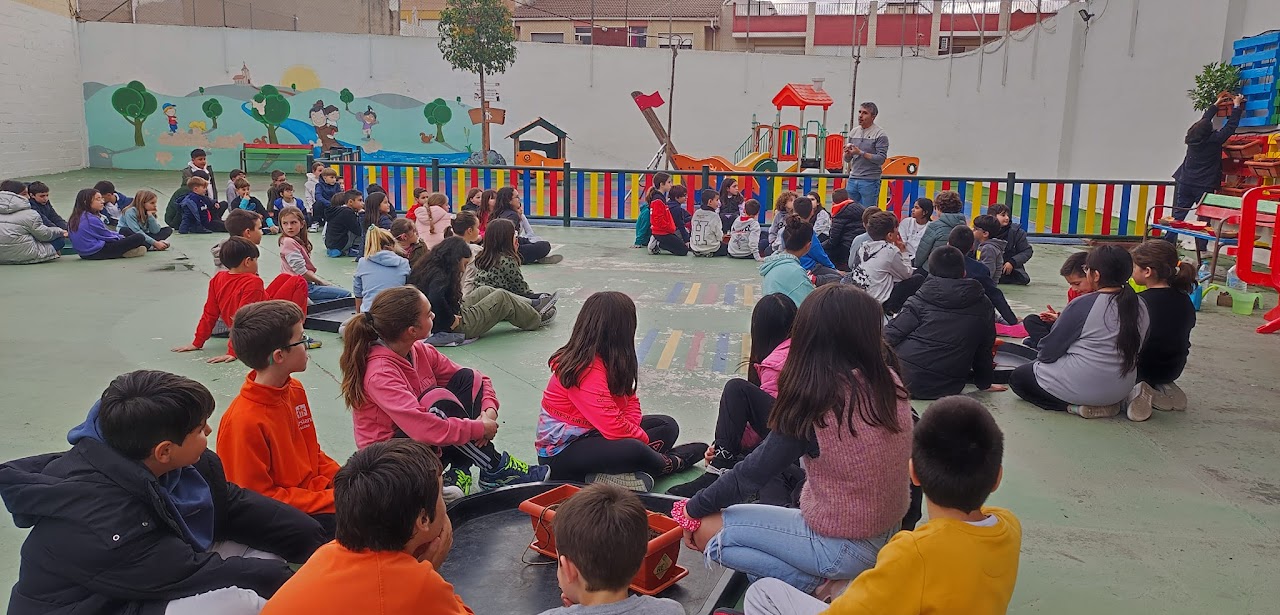ECUADOR: Salesian programs provide education and Spanish language skills to indigenous populations

(MissionNewswire) For 40 years the Salesian community of Ceferino Namuncurá, located in the Ecuadorian province of Morona-Santiago, has been carrying out fundamental education and social development services for the indigenous Achuar who live in the Ecuadorian Amazon. Ceferino Namuncurá is known as Wasakéntsa in the indigenous Achuar language.
The area is in the middle of the jungle, with no access by land routes. The area can only be reached by air transport. The community was built by placing some houses around a field. There is nothing to buy and there are no services. The food is almost the same every day and is based on game and crops of yucca, banana and rice. The climate is very humid and warm, and there are no toilets or drains. The Salesian mission and local population collect and use rainwater.
Within this region, Salesian missionaries provide a bilingual secondary school and a bilingual higher education center where classes are offered in both Spanish and Achuar. Six teachers hired at the school are Achuar and, like the students, have rooms available at the school for them to live. Otherwise, due to the distances of travel in the jungle, many youth would not be able to attend classes.
“Salesian missionaries are teaching Achuar children and their families how to read and write, as well as inform them about their rights,” says Father Mark Hyde, executive director of Salesian Missions, the U.S. development arm of the Salesians of Don Bosco. ”Many of the Achuar who have now learned the Spanish language are able to visit other communities and relate to external people without fear of being deceived.”
In the 1970s, the Achuar came to local Salesian missionaries, Father Domingo Bottasso and the late Father Luis Bolla, and requested they develop programs to help educate youth in the community. Building on those early initial programs, the Salesian-run Chankaup Foundation provides sustainability to the work of the early mission and has expanded programs by developing activities with the goal of communal development.
Last year, the foundation developed a program whereby local products found within the forest and vegetation are sourced and utilized by the villagers to earn an income through cultivation and sale. The work done by the foundation allows Amazonian families to participate in the global economic market to improve their income without abandoning their cultural and environmental mission.
About 600 families in 60 communities of the Amazonian region provide the raw matter for the processing of products. The products that are used include peanuts, cocoa, ginger, curcuma, verbena, achiote, dragon blood and more. The raw materials are first treated, which provides an added value for trade.
Ecuador is one of the most inequitable societies in the world, according to UNICEF. The richest 20 percent of the population receives almost 50 percent of the national income, while the poorest 20 percent receives only 5 percent. According to the World Food Program, almost 26 percent of all children under age 5 have stunted growth, increasing to 31 percent in rural areas and 47 percent in indigenous communities.
Close to 20 percent of Ecuador’s population is people of indigenous heritage. For poor, rural and indigenous youth, education provides the best opportunity for finding employment, reducing inequities and breaking the cycle of poverty. Salesian missionaries have been providing education and other social programs for disadvantaged youth across Ecuador for more than 125 years.
###
Sources:
ANS – Ecuador – Salesians great work in Ecuadorian Amazon with native Achuar
UNICEF – Ecuador




